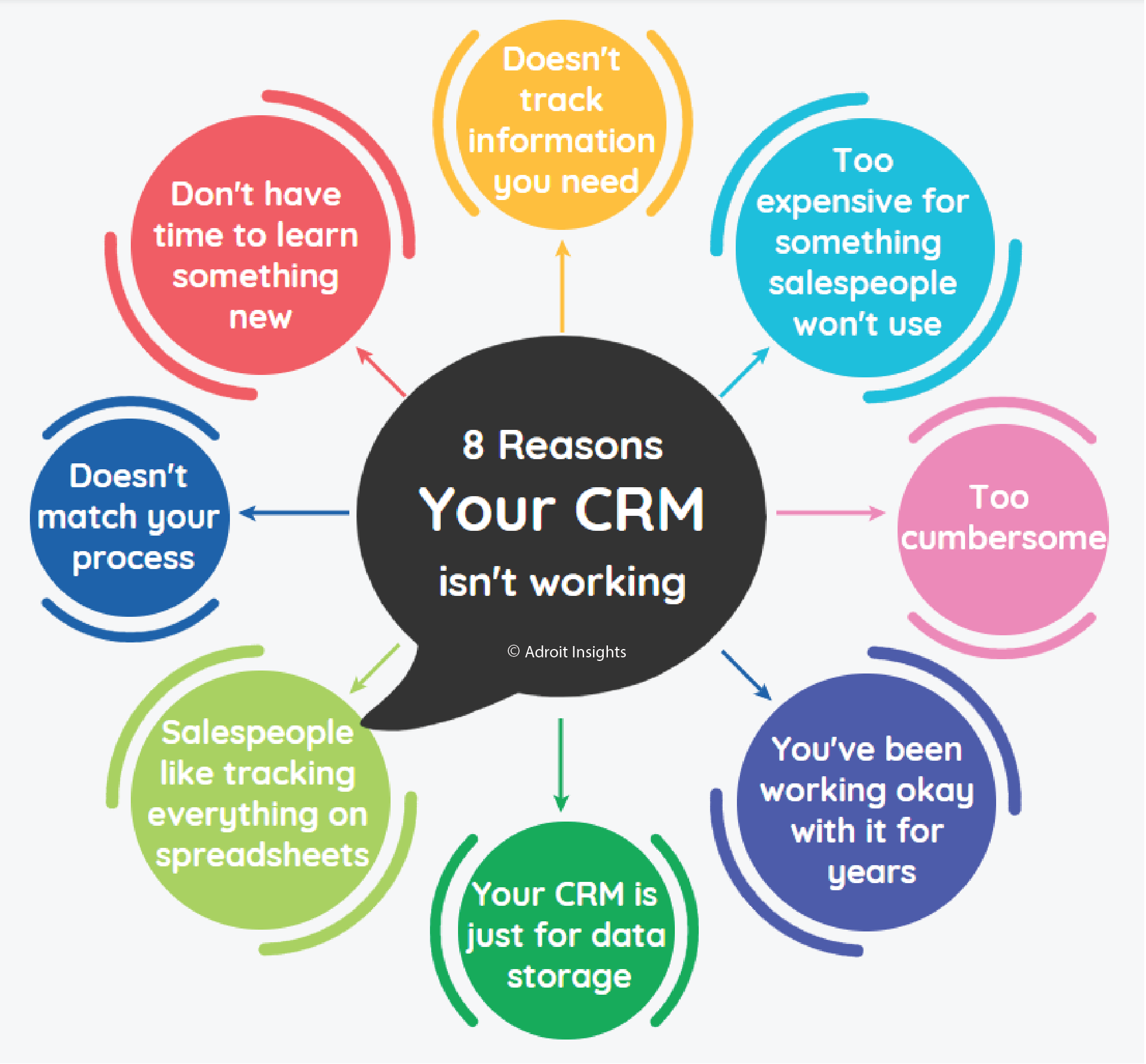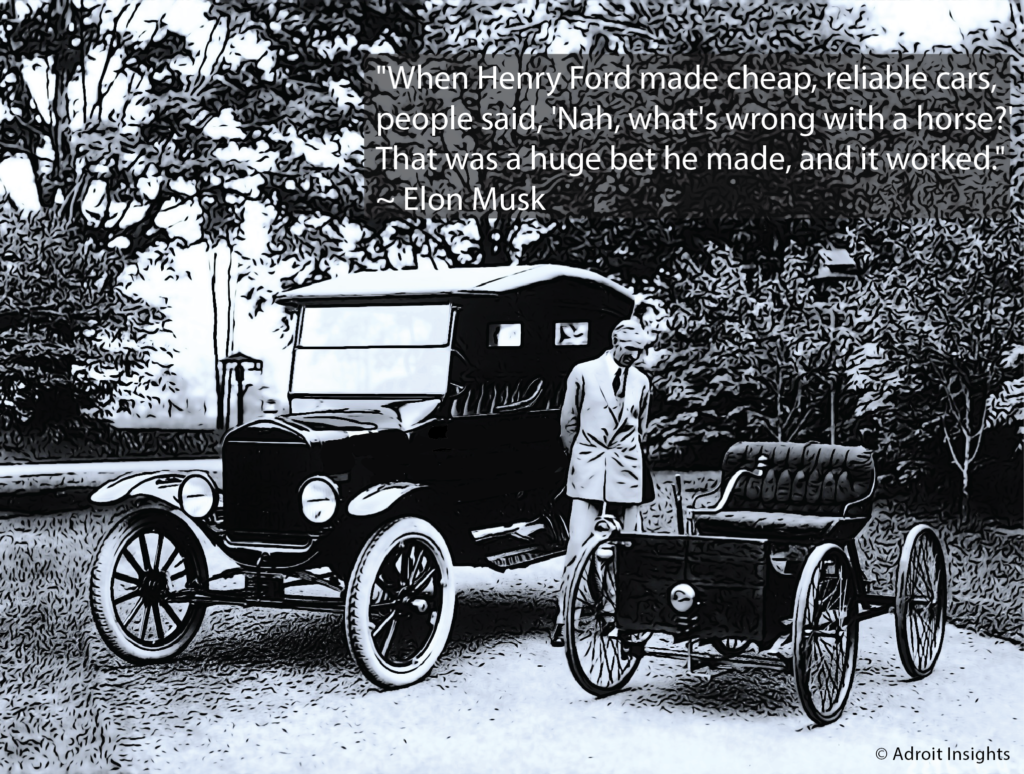Which CRM is the Best?

A simple google search will pull up a page full of links to sites recommending “The Best CRM of 2018”. If you start clicking through them, you will find that no two lists are exactly the same. This is because the “best” CRM of the year may not be the best CRM for you and your company. There is a reason why dozens of great CRM products exist (and thrive) in the same marketspace. Perhaps you have tried CRMs in the past and they haven’t worked out. Check out 8 common reasons why your CRM isn’t working.

If you can relate to one or more of these reasons, you are not alone. Sales processes and sales people operate differently, and therefore CRMs need to operate differently in order to meet the needs of everyone. Salesforce may be the right tool for one company, given the robust features and financially driven data, whereas Hubspot, which focuses more on relationship building and communication may be better for others.
Questions to ask yourself
First, put together a list of features you want from your CRM. What are you going to use it for? What sort of customer information are you collecting and how are you using it once you have it? Are you collecting demographic and lead source information that you can use later when developing a marketing plan? Are you looking at your customers as individuals or as dollar signs? While there is no right or wrong answer here, your answer will dictate the type of CRM you should be looking for.
Additional factors to consider are what platforms you are currently using for email and marketing. Most of the top line CRMs offer loads of integrations with tools you are likely already employing to make your process more efficient. So, why not streamline that process even more by having a CRM that fits? If you find your salespeople are resistant to change, consider involving a few key players in the process of selecting and implementing the new CRM. As a result, employees who have a voice and are invested in which CRM was selected will be more likely to follow through and actually use it.
Setting up a CRM doesn’t have to be time-consuming

One of the main reasons any business considers a CRM is for the efficiencies it offers. However, if you are seeking ways to speed up processes, it’s likely because you feel like you are short on time as it is. Who has the time to implement new technology? Fortunately, many CRMs have a basic version that is ready to go with a quick upload of your data and mapping your current fields to the CRM. If you simply wanted a solution for storage of your spreadsheet data, you could have that up and running in about 5-10 minutes. Adding features like workflow and automation take a bit more time; automatic email tracking can be set up almost instantly.
How much does it cost?
Now you know we can find a CRM that maps to your current sales process. Additionally, we can select one your salespeople can understand and doesn’t take long to setup. Therefore, cost is the final consideration. The great news – if you are on a strict budget, you can find free CRMs. Other CRMs offer basic versions for less than $20 per user (Zoho syncs well with G-Suite). Are you are looking for a really robust product that will completely transform your lead management process? Consider one like Infusionsoft or ActiveCampaign. These products take expertise to set up, but pay dividends if you are willing to commit. Above all, you need to ask the right questions to make sure you select the best CRM for your business.

